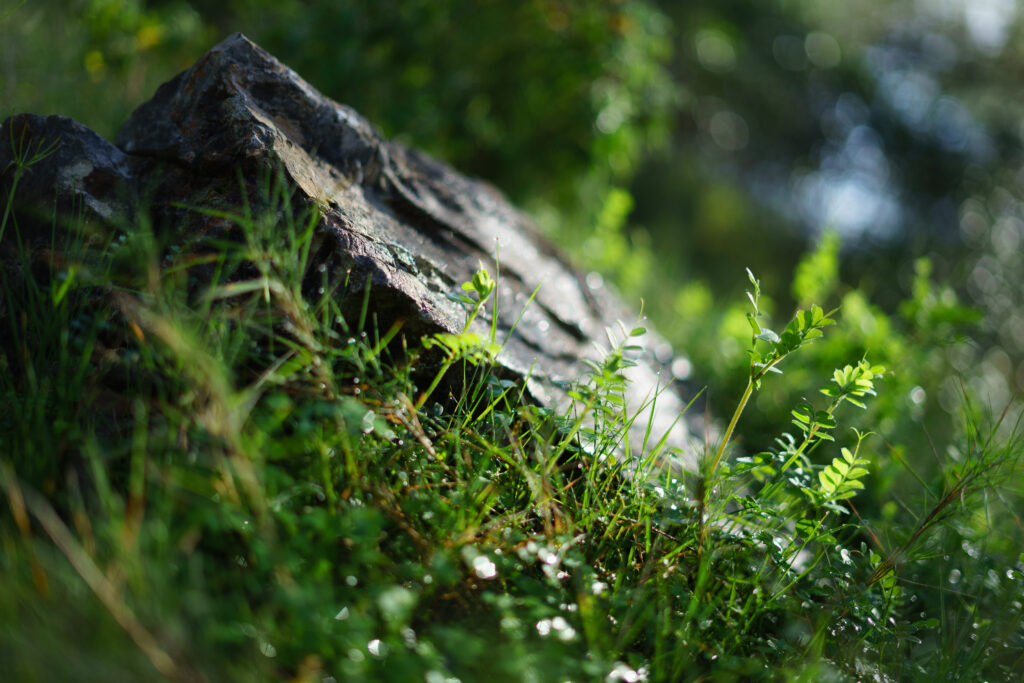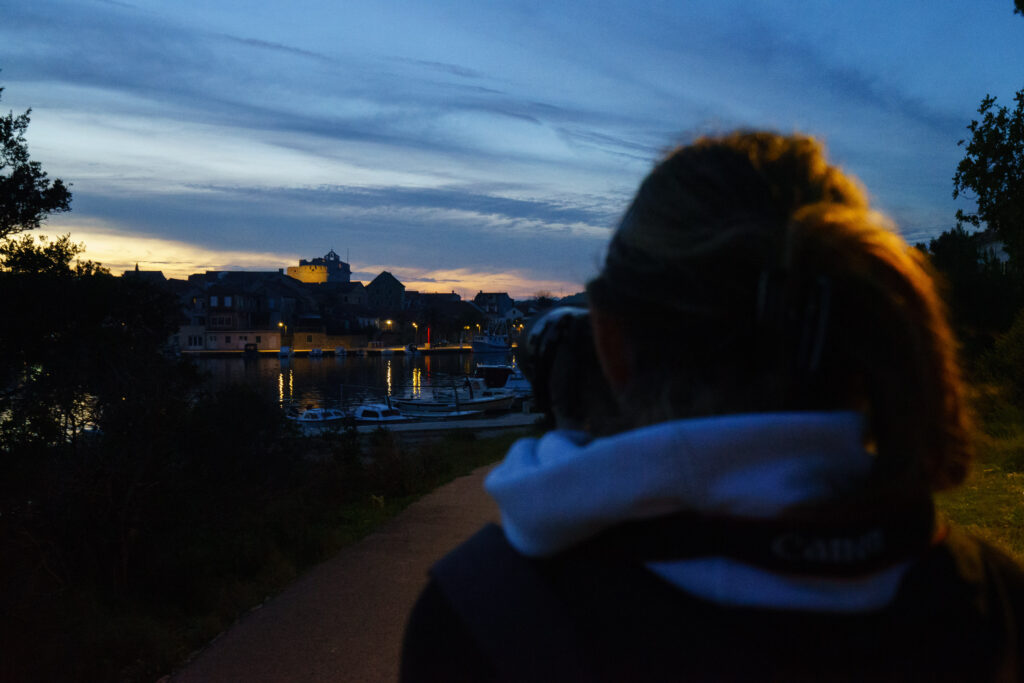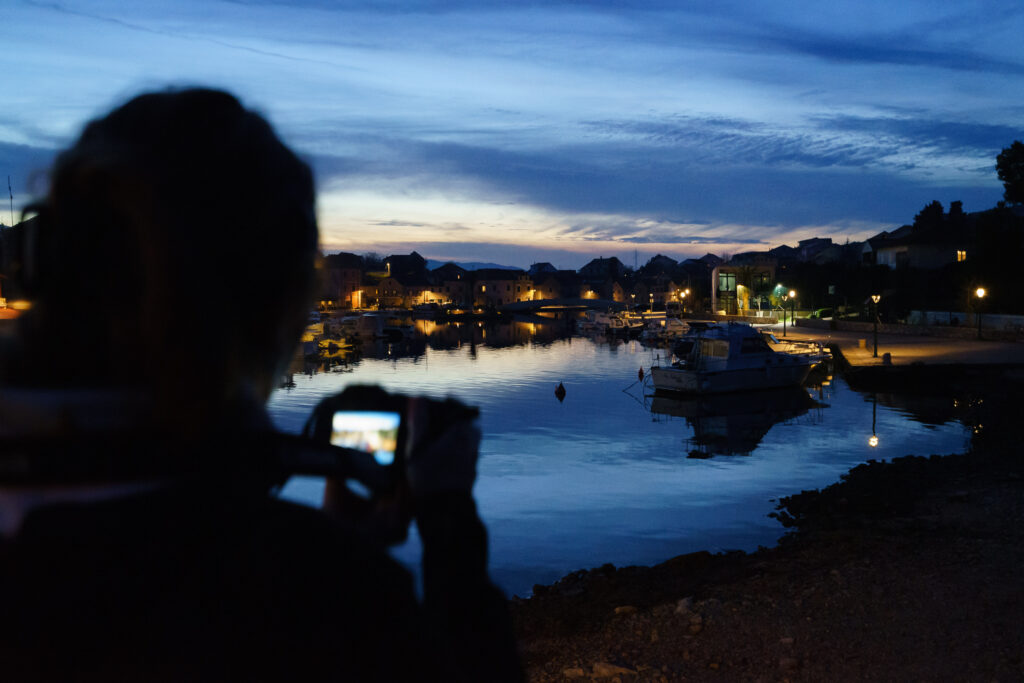There’s also a question of when can one justify something with the Devil or the world, excusing oneself of culpability or lack of performance.
Intuitively, the answer would lie somewhere in the open interval between “never” and “always”.
What does that mean? It means that I think neither of the extremes is acceptable as an answer, but something between them might be, but I’m not sure it’s universally the same answer. I perceived quite a bit of variability in personal karma in regard to this issue, meaning that not all souls encounter the same type or quantity of resistance here.
Also, I would cite empirical evidence of the transcendental realms. If the answer were “always”, there would be no problem posed by this world, and the hell would be empty, so to say. Every single sinner would be excused of all personal culpability by the very fact that the totality of their sin were caused by this world and, consequently, Satan who designed its parameters.
There is, however, some merit to the argument, which Romana once used effectively against Satan, making him shut up – “The entirety of all sin is yours”. Also, Krishna in the Bhagavad-gita states that atman doesn’t act or cause action; it is the gunas of nature that act. However, Buddhism makes a counter-argument that soul is in essence an aggregation of karmic substance, not the atman of Vedanta.
This is exactly my experience, but with the addition that the nature of this karmic substance does not warrant the kind of materialism that is oft encountered among the so-called buddhists, because it seems to have an originally transcendental nature, on the “atomic” level. Apparently, the transcendental atman is reflected in every single kalapa of karmic matter, and they aggregate according to the laws of karma to form larger structures, “bigger souls” so to speak.
The fact that the kalapas aggregate into larger souls, and that larger souls can break apart due to sin and the internal incoherence between kalapas which causes them to de-aggregate, means that sin is a karmic fact that exists beyond any association with either Satan or this world. This proves that “never” and “always” can not be acceptable answers to our question, eliminating them from the interval. If virtue and sin are karmic facts upon which souls are built and destroyed, it puts it squarely outside the dimensions of this world.
What this world does is a serious problem, as it creates a persistent illusion that creates an environment that makes wrong actions highly tempting, and their dire consequences unknown and suppressed until it is too late. Basically, it inhibits your memory, it inhibits the sense of God’s presence, it paints a falsely attractive picture on dangerous items, and so on. Basically, it’s like showering a school with explosive devices masked like candy. Technically, it will be the children’s fault if they touch them, but you obviously don’t do such a thing out of good intent, and you obviously can’t expect innocents not to get hurt by such action. One can easily conceive a series of abstractions that would allow Satan to evade responsibility and the victims of his actions to be innocent of sin, which would explain why it was so hard to pin anything on him, as it would depend on intent and foreknowledge, which would be very hard to prove. It also explains why most “sins” are committed innocently. People frequently act out of total ignorance, or in fact a misapprehension that inverts moral value of an act; as the Bible would say, one kills God’s prophets thinking he’s serving God by doing so. One would say that this argues heavily towards the claim that the ultimate responsibility lies with Satan and that the souls involved in such acts can be excused, but this is not exactly how it works. The explanation would be quite involved and extensive, but not knowing what exactly you are doing is often a matter of belief that is up to you. Essentially, in order to be a member of the mob that’s cheering for Christ’s execution you need to believe that he’s not who he claims to be, and that belief is squarely up to you. You need to know what he claims to be, so you can’t be excused by total ignorance, and you need to believe that he is wrong, with the strength of conviction that makes you abandon all caution that would be due in such cases. Sure, you don’t have direct insight into transcendental realities, nor you have direct insight into the ultimate consequences of what’s going on. However, your ignorance works as an excuse only to a small point, because a person with a strong transcendentally based conscience would feel grave wrongness of the situation, that would cause him to be seriously alarmed. If you’re not alarmed, and in fact spit at Jesus with all the glee of the raging mob, it trips multiple red flags against you. Sure, you may be excused of the ultimate culpability, since you are unaware and under a misapprehension, but you clearly didn’t mind passing hasty judgment without sufficient evidence, nor did your obvious ignorance of the facts prevent you from acting terribly against someone who did you no wrong, and whose innocence had to be a possibility in your mind, which you nevertheless ignored, because you liked being part of the mob, joined in purpose that gave you pleasure. There’s a whole palimpsest of complexity there, and although your actions don’t make you ultimately damned, they cannot be whitewashed either, and what remains is some degree of sin that will remain as your problem in the long run, the way St. Paul had a problem with stoning of St. Stephen, in which he indirectly participated by guarding the robes of those who stoned him, and although he himself cast no stones, the fact that he approved of the act itself and that he would have cast the stones gladly were it someone else’s lot to guard the robes, troubled him greatly in his later life. Also, the excuse that such people will give, “I couldn’t have known”, is obviously false, as Christ’s disciples obviously could and did know. You just decided to believe otherwise, and you decided that those who believed that Jesus is God are either fools or servants of a false prophet. There were obviously arguments to believe differently, but you chose against them, and against the evidence of his followers, dismissing them all in entirety. You could have known, but chose not to. There’s only a certain point to which you can excuse your choices and actions with Satan and the nature of this world, which obscures the facts and presents a false image, because Christ’s apostles had the same Satan and the world against them, and yet they chose differently, only to be called fools and sinners by you and your ilk.
Sure, invoking the fact that Satan and maya caused you to be deceived regarding the true nature of events can excuse you to some extent, but this excuse is very much like invoking an insanity defence in a trial. You may evade imprisonment, but you will be marked as a mentally insane and potentially dangerous person that will still be institutionalised in some way. Invoking “the Satan defence” is to say “I’m a small, stupid soul that lacked both greatness, wisdom and insight necessary to understand the situation properly, as those better, wiser and holier than myself managed to do”. If might make you escape the gallows, but it’s certainly earning you no medals either. The ones, however, who were under the same illusion of Satan as you, but managed to see through it enough to make wiser choices, they get to advance to higher spiritual stature, while you will at best stagnate, and most likely be degraded.
Imagine, however, what happens to those who were under the same veil of ignorance, but became Christ’s apostles. If those casting stones and spitting at him can be excused to some degree, it is reasonable to expect that the reward of those who managed to act correctly will be magnified, because they passed the trial of illusion. They proved that they would choose God even in disguise, and even with the entire world against Him, and their choice is therefore as rewarding as it was hard. Interestingly, they won’t have to invoke the “Satan defence” – did Satan make them choose Jesus as the Lord? After all, they were in the same illusory world, under the same veil of misapprehension, with the same inhibitions placed upon both memory and insight. If this fact increases their merit, as it does, it means two things. First is that the problem exists and is real; it does in fact pose a serious spiritual challenge. The second is that this problem is not insurmountable and can serve as an excuse only to a point. If a convict on the adjacent cross could recognise Jesus and choose for him, it’s obviously not something that was hard beyond the realm of human possibility, and was instead a legitimate test of spiritual character. Obviously, those who failed it and those who passed it will not have the same outcomes in the realm beyond, as if they were actors playing a role. The world will go away, but the consequences of your choices will persist.
 There are, however, better things beyond the horizon than I dare to even think, or remember what I’ve been shown. Yeah, I just did. I must be a masochist. 🙂
There are, however, better things beyond the horizon than I dare to even think, or remember what I’ve been shown. Yeah, I just did. I must be a masochist. 🙂







